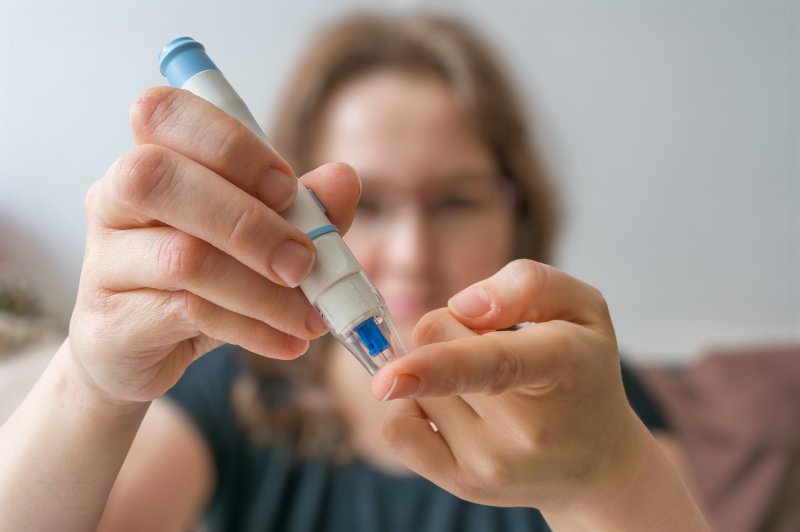
If you are living with prediabetes and also struggle to get the rest you need, you’re likely to be at risk for more serious health-related problems. Chronic fatigue and the inability to regulate your blood sugar can take their toll on your overall health and well-being, which is why it’s in your best interest to read on to discover why treatment for your sleep apnea is essential if you want to reduce your risk of type 2 diabetes and more.
Prediabetes and Sleep Apnea: Where is the Link?
It is no secret that those who have sleep apnea are at higher risk of diabetes, but what about those who are prediabetic?
According to researchers in the United Kingdom at the University of Hertfordshire, there is believed to be a higher risk of type 2 diabetes among those who experience poor sleep and who are pre-diabetic.
Among the 40 participants in this unique study, all were deemed to have pre-diabetes. Those who struggle with essential sleep were found to have an elevated hemoglobin level (A1c), which is a clear indicator of high blood sugar. The higher the A1c, the more likely a person is to develop type 2 diabetes.
If a person is significantly overweight or obese, additional fat that exists around the neck can contribute to poor sleep quality. Of course, the “endless cycle” of being tired, not exercising, and unhealthy eating only worsens symptoms and can make it feel impossible to break out of.
What Can Be Done to Reduce One’s Risk?
The first step you can take if you are one of these individuals who is pre-diabetic and lacking appropriate sleep is to schedule an appointment with your doctor. A sleep physician can help to evaluate the situation and provide effective treatment options (i.e., CPAP, oral appliance, etc.) to improve symptoms and sleep patterns.
Also, UK researchers recommend substantial lifestyle changes that include everything from adopting healthier eating habits, exercising, and even finding ways to reduce stress.
It might seem like an impossible feat at first, but once you begin to notice the positive changes in your ability to sleep, you’ll feel more energized to get out and move your body, be more productive, and live a healthier, more intentional life.
About the Author
Do you suffer from sleep apnea? Dr. Shelley Shults is a board-certified registered nurse, general dentist, family nurse practitioner, and dental sleep medicine practitioner who wants to help. Leading a team of professionals at Powell Dental Sleep Solutions, she uses advanced technology and treatments to help patients get the rest they need while embracing life to its fullest. To learn more, contact us at (614) 681-8593.
